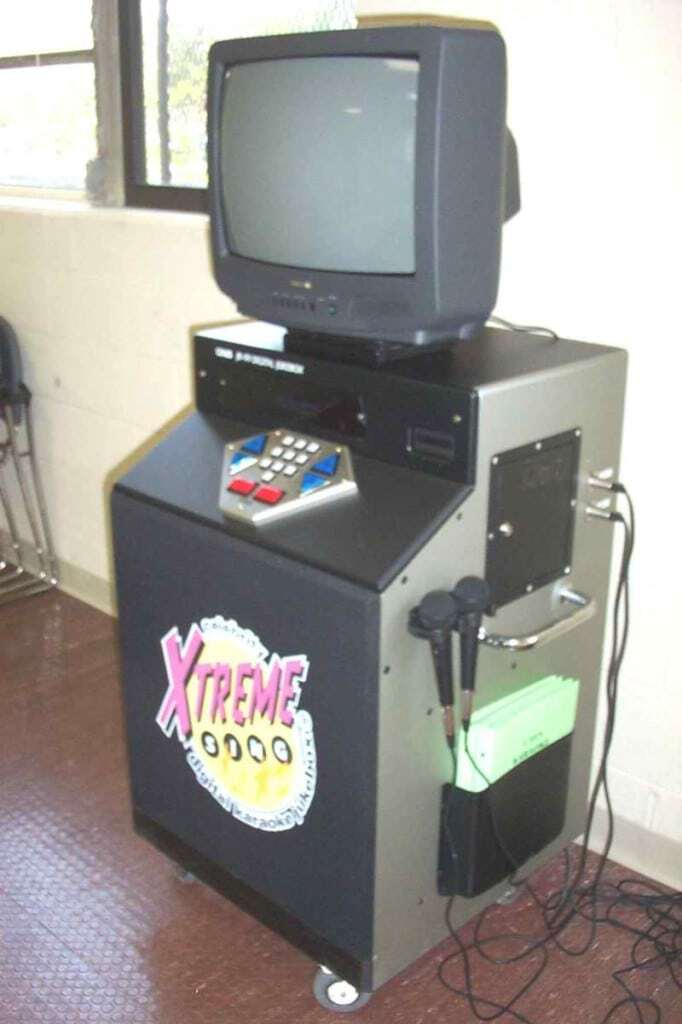Who Invented Karaoke?

The Philippines is home to both musical geniuses and wannabes. And our love for karaoke singing is one screaming proof. In fact, we are even taught that karaoke is a Filipino invention. Or is it?
Technically, the Karaoke Sing Along System is indeed a Filipino invention. This is because Roberto del Rosario, then president of Trebel Music Corporation, patented it in 1975. He’s also known to be a prolific inventor, having a total of 20 devices patented under his name. These include a piano tuner’s guide, voice color tape, and the Trebel Voice Color Code (VCC).
Now back to karaoke.
Although Roberto del Rosario patented it in 1975, the idea has long been attributed to a Japanese musician.
Karaoke was created out of laziness
In 1971, Daisuke Inoue was a struggling keyboard artist at a club in Kobe, Japan. He used to play drums and piano to accompany patrons when they wanted to sing. In an interview with Taipei Times, Inoue admitted that he struggled to read music and was too lazy to master one new song after another.
One day, a guest invited Inoue to join him on a trip and play music. Committed to his work at the club, Inoue declined the invitation. Instead, he sent a tape of instrumental music so the customer can still sing even at his absence.
Soon, he created the “8 Juke”, the first karaoke machine featuring a stereo, coin box, amplifier, and a microphone.
People embraced his idea and the rest, as they say, is history.
Karaoke Machine: A stolen idea?
No story can better prove the importance of patenting than Inoue’s.
During the ’80s, the karaoke machine was already a big hit in Japan. It soon penetrated America when the first karaoke bar opened in Los Angeles in 1982. Not long after that, karaoke became a worldwide sensation.
However, Inoue never patented the invention which resulted in a huge loss in terms of potential profits. He didn’t earn a single cent from his invention which was patented by the Filipino inventor Roberto del Rosario.
Fortunately, fate turned in favor of Inoue. In 1999, TIME magazine named him one of the most influential Asians of the century. He also received an Ig Nobel Peace Prize in 2004, thanks to his original creation.
Featured image courtesy of http://en.academic.ru
Written by FilipiKnow
FilipiKnow
FilipiKnow strives to ensure each article published on this website is as accurate and reliable as possible. We invite you, our reader, to take part in our mission to provide free, high-quality information for every Juan. If you think this article needs improvement, or if you have suggestions on how we can better achieve our goals, let us know by sending a message to admin at filipiknow dot net
Copyright Notice
All materials contained on this site are protected by the Republic of the Philippines copyright law and may not be reproduced, distributed, transmitted, displayed, published, or broadcast without the prior written permission of filipiknow.net or in the case of third party materials, the owner of that content. You may not alter or remove any trademark, copyright, or other notice from copies of the content. Be warned that we have already reported and helped terminate several websites and YouTube channels for blatantly stealing our content. If you wish to use filipiknow.net content for commercial purposes, such as for content syndication, etc., please contact us at legal(at)filipiknow(dot)net
